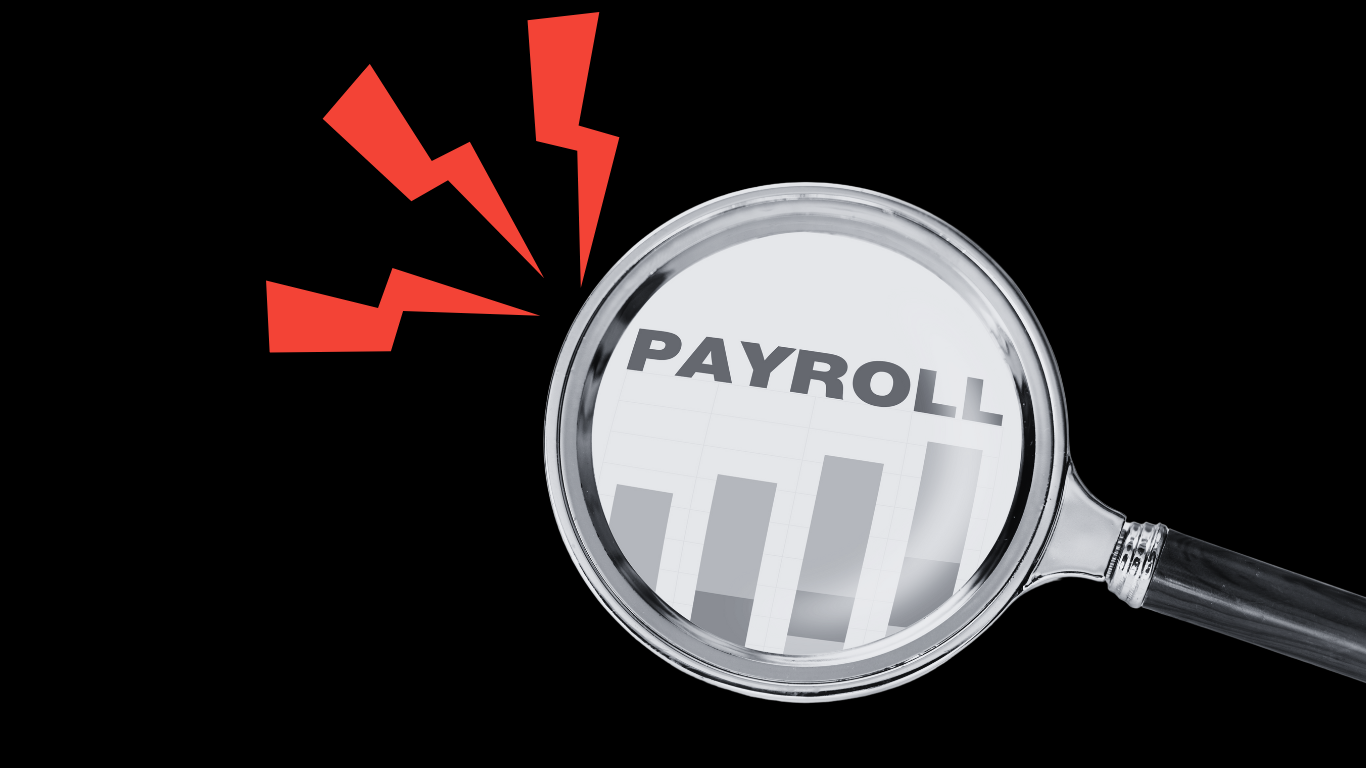Working from home has always been envisioned to free humanity from the grind of the daily commute, enabling an easier blend of work and family life. In April 2020, statistics released by the UK’s Office for National Statistics showed 49.2% of adults in employment were working from home, as a result of the social distancing measures introduced in response to the Coronavirus pandemic.
Most individuals who are usually office-based workers will see their household bills increase as a result of being on the computer for at least seven-and-a-half hours a day, while broadband bills could soar, too. While the self-employed have long been used to deducting certain expenses incurred through working at home from their turnover, the same is not true for employees.
The Prime Minister, told the public to work from home where possible in an attempt to contain the ongoing Coronavirus outbreak in the UK. Due to the Government restrictions on who can travel to work, it seems likely that HMRC will accept working from home is not optional for most employees, therefore more will qualify.
So, what can you claim for?
- heating and lighting costs
- additional gas or electricity
- metered water use
- telephone calls
- internet access
Incurred costs must relate specifically to a room being used to work within your home, such as an office or study, and they must be additional costs. Fixed costs, such as; mortgage interest, rent, council tax, water rates – whether you work at home or not, are not eligible for the relief. Similarly, spending on office equipment or furniture is also excluded from being reimbursed without you paying a tax and national insurance charge. However, these can be provided by your employer.
HMRC have calculated an amount of of up to £6 a week (previously £4), or £26 a month (previously £18) if you are paid monthly, without the need for supporting paperwork. The increases have taken place since April 6th 2020.
Where expenses reimbursed to employees, or paid by employers on behalf of employees, are directly related to the unusual working arrangements necessary to cope with the Coronavirus outbreak but not covered by the exemptions, these will need reporting through the payroll or on form P11D.
What is a P11D form?
The P11D form is used to report benefits in kind. These are items or services which you receive from your company in addition to your salary, such as private healthcare, interest-free loans (to pay for train season tickets, for example), new computers and company cars. The annual P11D form allows you to report these items to HMRC.
With businesses forced to embrace remote working and staff becoming increasingly used to homeworking, the Coronavirus crisis could permanently shift working patterns in the UK. The benefits are palpable for employers and employees alike. For example:
– Office costs reduced
– Increased staff retention
– Environmental benefits
– Higher morale
– Wider talent pool
Do you see working from home as the future?
If you need any assistance, contact us on 02085300720 or email enquiries@nordens.co.uk






























































































































































































































































































































































































































































































